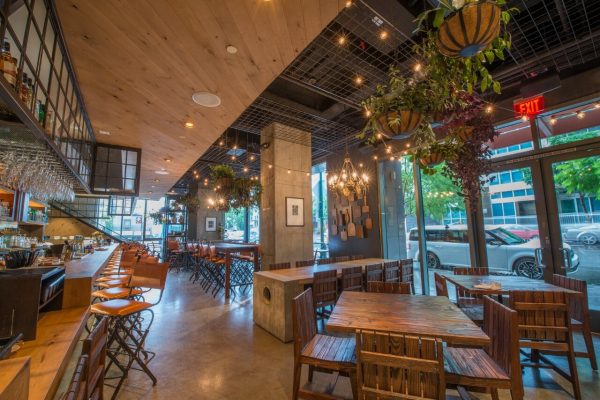
A commercial lease is an important part of your business, so negotiating a favorable lease places your business in a position to succeed. Keep in mind that a real estate lease agreement is prepared by the landlord to favor the landlord. It is the potential tenant’s responsibility to read it completely, understand what it says, and then ask for modifications.
Length of the Lease
One of the first issues you need to work out is the length of the lease. A term of one to two years is usually best for small businesses, with an option to renew included. This does not tie you in for too long but gives you the option to stay if it is a good fit. However, if your business is going to be very location-dependent (such as a restaurant), you will want security, so a longer term makes sense – start with 5 years and secure for later option to extend.
Comparable Rents
The amount of rent you will pay is an important consideration in a commercial lease agreement. Do your homework and know what the going costs are in the area so you can negotiate a fair price. Part of negotiating renewal options includes specifying rent increases so you won’t have any surprises. Your landlord will likely want to increase the rent for each additional year. Try to work out a cap on these increases so it remains affordable for you to stay in the space. You can also negotiate the amount of your security deposit and the conditions for its return.
Hidden Costs
Your lease may be a gross lease, in which all costs are included, or a net lease in which there are costs in addition to your rent. Many commercial leases make the tenant responsible for costs such as upkeep of common areas. Get the details on these additional costs up front and negotiate to be as favorable as possible. Find out if your business will be responsible for specific systems maintenance and learn the current conditions of those systems so you can estimate costs. Negotiate dollar amount caps to these costs or negotiate for a slightly higher rent in exchange for the landlord taking on all additional costs. Determine whether there are separate utility meters or if utilities are apportioned among tenants by square footage.

Favorable Clauses
Ask for modifications to the lease that will benefit you. For example, a clause allowing you to sublease the property can be important should your business suddenly relocate or close. You may want to ask for a clause that restricts the landlord from renting out any other unit on the premises to a business similar to yours. A co-tenancy clause will allow you to break the lease if a large anchor tenant, that drives business to you, leaves. It is also possible to negotiate for the landlord to be responsible for making tenant improvements to the property before you move in. Ensure you are permitted to put up signage for your business.
Termination Clause
Read the terms of your commercial lease as it pertains to default and termination of the lease. You will want a clause that allows you time to cure a default before eviction, particularly one that allows you to pay one month’s rent instead of the entire amount owed on the lease. You will want to negotiate any penalties for early termination of the lease should you decide you need to leave before the lease term is up.
The most important thing you can do is read your commercial lease carefully and understand it completely. This allows you to realize what benefits you have so you can ask for changes and it also prepares you for your responsibilities as a tenant.
In addition, hire an attorney. Have an attorney review your lease, they will point out potential risks, and will be overly cautious to ensure you don’t blame them for failing to warn you properly. Listen to the attorney’s advice, but make your own business decisions.
